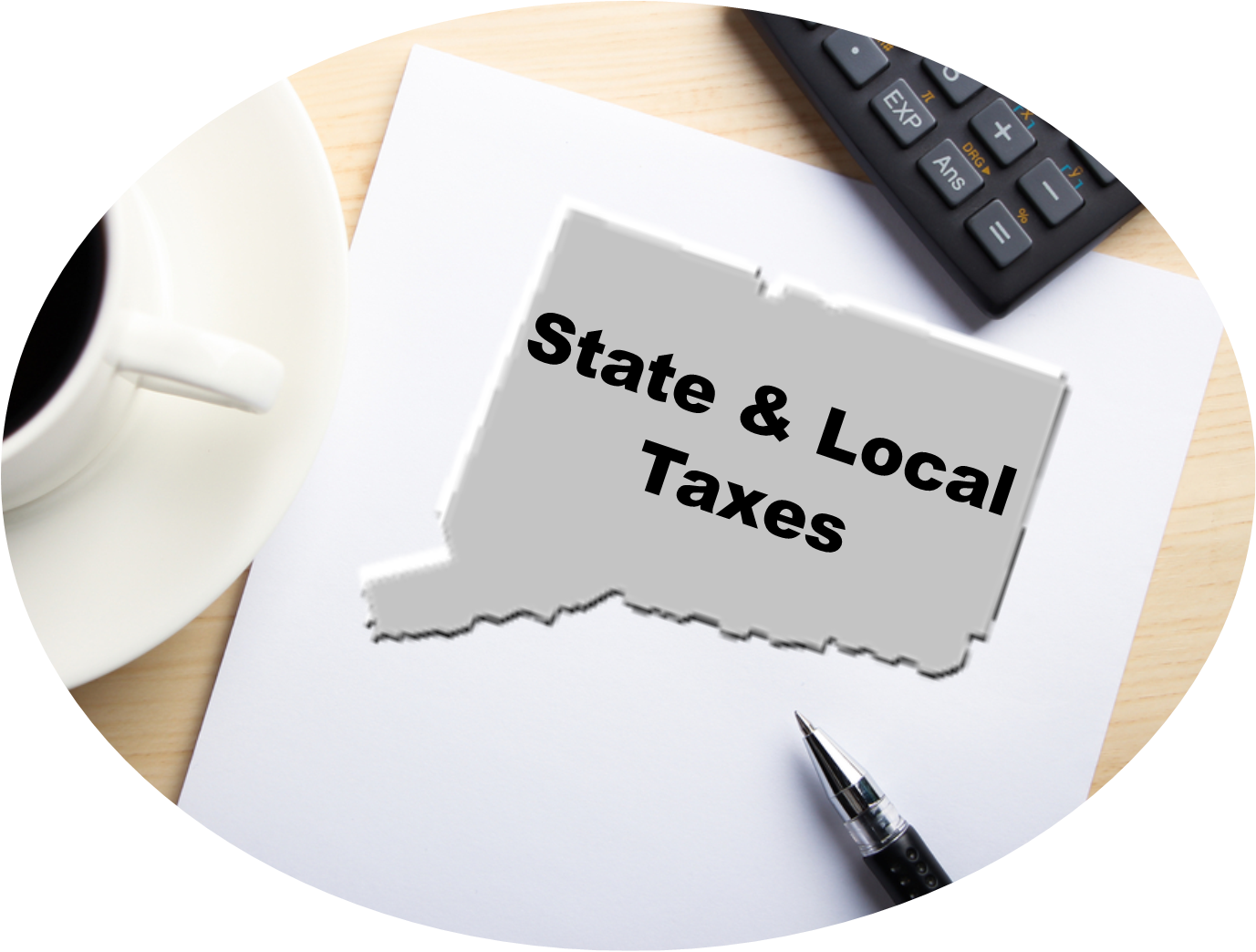CT Residents Have Among the Highest State & Local Tax Burdens in US
/Two separate analyses of tax burdens across the nation’s 50 states have placed Connecticut in the top ten – among those with the highest state and local tax burden. The state-by-state reviews, by the financial websites 24/7 Wall Street and WalletHub, rank Connecticut second and sixth respectively.
“With some of the wealthiest neighborhoods in the country, Connecticut residents pay more in property taxes than in nearly any other state,” says 24/7 Wall St. in its review. “Residents pay $2,774 per capita in property taxes, almost twice the national average. The state’s effective property tax rate of 1.7% of the value of a typical Connecticut home is the sixth highest of any state. Despite the high tax burden overall, the state’s pension system is relatively underfunded. Connecticut has just 51% of the funding for its pension obligations, the fourth smallest share nationwide.”
The Connecticut financial highlights include:
- Taxes paid as pct. of income: 12.6%
- Income per capita: $68,704 (the highest)
- State income tax collections per capita: $2,279 (the highest)
- Property tax collections per capita: $2,774 (3rd highest)
- General sales tax collections per capita: $1,137 (8th highest)
In the 24/7 Wall Street report, the highest tax burden was attributed to New York. Rounding out the top ten after Connecticut were New Jersey, Wisconsin, Illinois, California, Maryland, Minnesota, Rhode Island and Oregon.
The WalletHub rankings, using a somewhat different methodology, ranked Connecticut has having the 6th highest tax burden among the states. Include were these snapshots of Connecticut (the higher the ranking the lower the rate):
- 46th – Overall Effective State & Local Tax Rate
- 33rd – Income Tax
- 34th – Sales & Excise Taxes
The highest tax burdens were in Illinois, Nebraska, Wisconsin, New York, Rhode Island, Connecticut, Ohio, Michigan, Iowa and New Jersey. In order to identify the states with the highest and lowest tax rates, WalletHub’s analysts compared the 50 states and the District of Columbia across four types of taxation, real estate tax, vehicle property tax, income tax and sales & excise tax.






























